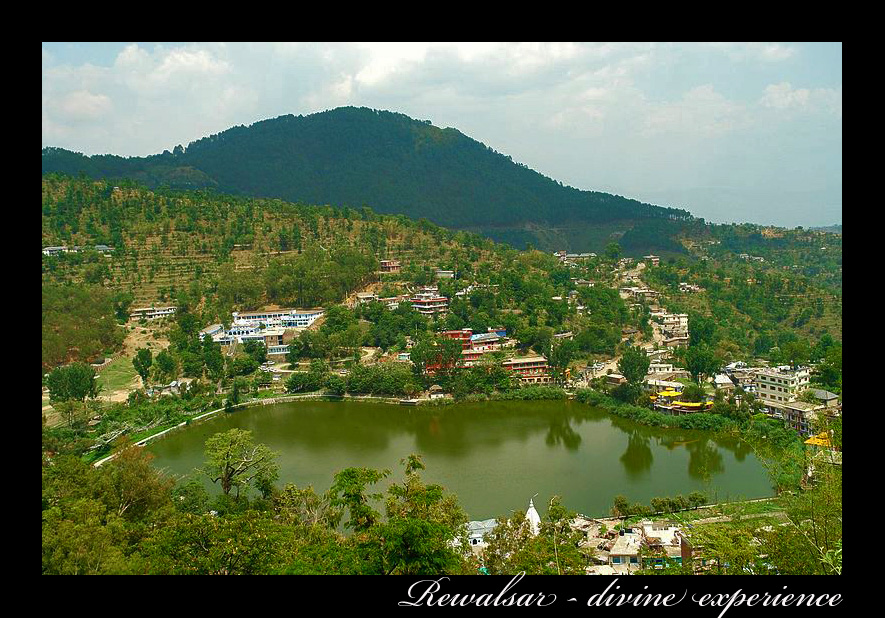Port-of-Spain, May 23 (IANS) The Indian Caribbean Museum, described as “a national treasure, a window to the past, and an opportunity to see history come alive”, has been cited by a National Geographic publication that showcases 500 of the world’s most powerful and spiritual places and guides travellers who wish to visit them.
“This is a fitting recognition in just seven years of our existence, especially as we celebrate the 168th Indian Arrival Day May 30,” Sansbhan Jokhoo, the curator of the museum that serves as a link between indentured Indian labourers and the present, told IANS.
“The Indian Caribbean Museum has international prominence and recognition as the only one of its kind in the world. Not even India has one. And before the inauguration of the Kolkata memorial last year planners from India came to visit our facility,” Jokhoo said.
The Kolkata memorial, in the city’s Garden Reach area, remembers the indentured Indian labourers who left India during the 19th & early 20th centuries to work on plantations in the West Indies.
Between 1845 and 1917, approximately 148,000 Indians were brought to this country, principally from Bihar and Uttar Pradesh, and worked to rescue the decaying plantations following the abolition of slavery by the British government.
It is to keep alive their memory that Satnarayan Maharaj, secretary general of the Sanatan Dharma Maha Sabha (SDMS) launched the museum, which features in “Sacred Places of a Lifetime – 500 of the World’s Most Peaceful and Powerful Destinations”.
The collection includes items such as rare musical instruments, agricultural objects, cooking utensils, pieces of clothing, ancient photographs and historical books. Objects of historical and aesthetic value include a sapat (wooden slipper) jata (grinding stone) boli (gourd bowl) and hassawa (grass knife). There is also a huge copper basin that was used for boiling cane syrup in the sugar factories up to the 1930s, and a dekha (a wooden contraption used for grinding cocoa, coffee beans, corn and rice).
The museum, which has become a research centre with the country’s National Archives, also houses an art gallery, a reference library and a computerised genealogical database. A botanical garden is also in the making. The institution is a member of the Caribbean Museum Association, which comprises 20 institutions spread across the region.
“The Indian Caribbean Museum is a national treasure, a window to the past, and an opportunity to see history come alive. To many visitors, it evokes memories of the past, a link to the present, and a vision for the future. The museum serves as a foundation for collective memory, cultural continuity and national development,” Jokhoo said.
“It provides a common experience that families can share across generations and serve as a link between revered ancestors and living people. The museum provides information on the cultural heritage of Indians in the Caribbean to themselves and to people of all ethnic backgrounds,” he added.
“The Caribbean Indian Museum holds fundamental importance and relevance to the continued kinship and affinity with India, and within the entire Indian diaspora, as it has myriad symbolic, cultural, religious and transcendental interpretations and meanings for all. It remains a monument for posterity. It will remain ageless,” Jokhoo said.
Since its inception, in excess of 45,000 persons from all walks of life from the four corners of the globe have visited the museum, according to Ann Marie Ramhit, an assistant.
She said that Dennison Moore, who wrote the Canadian government’s policy on multiculturalism, recently donated 107 books reflecting different aspects of India and the diaspora to the library.
“This donation has augmented our educational stock for research, as well as for leisure reading,” Ramhit added.
Winston Dookeran, now the Trinidad and Tobago foreign minister, had in 2006 opened the museum, located in the west-central part of Trinidad.
(Paras Ramoutar can be contacted at [email protected])
The opinions, beliefs and viewpoints expressed by authors, news service providers on this page do not necessarily reflect the opinions, beliefs and viewpoints of Hill Post. Any views or opinions are not intended to malign any religion, ethnic group, club, organization, company, or individual.
Hill Post makes no representations as to the accuracy or completeness of any information on this site page.



